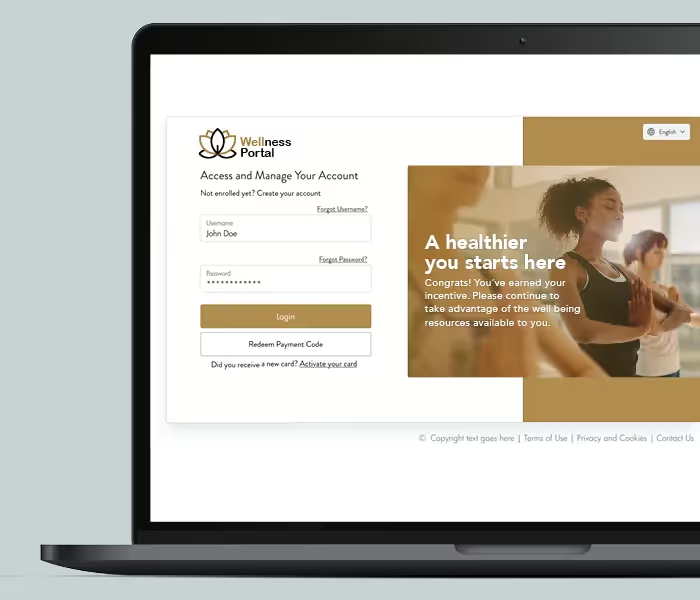Optimizing Business Through Payment Efficiency, Part 2: Unlocking Time & Cost Savings by Partnering with a Payments Fintech
Explore how partnering with a payments fintech unlocks valuable time and cost savings by optimizing business through payment efficiency. Contact us to learn more.

In part two of this series, the Onbe editorial team spoke with Damien Glista, Vice President of Relationship Management and Sales at Onbe, to glean insights from his 16 years in the payments industry. Glista shared ways that adopting modern, digital-first payment solutions can save time and labor, unlock cost savings, and reduce risk while improving the payee experience.
The High Cost of Check Processing
For most businesses, making a payment means cutting a check. While it sounds simple, issuing paper checks becomes complex and costly when a high volume of payments is involved—think consumer refunds, rebates, or salesperson incentives. “Check processing is a big job for accounts payable teams,” Glista explained. “Then, since not every recipient will cash their check, staff end up spending many more hours either resending checks or filing unclaimed property reports.”
Paper checks don’t just mean an administrative hassle; they can result in steep costs for payers, generally in the range of $3-12 per check. “You have to factor in not only the cost of paper and postage, but the expense of dealing with checks that weren’t cashed,” said Glista. “Each state has different rules and regulations for handling unclaimed property, and getting it wrong could lead to steep fines. Many businesses don’t realize how much they could save by switching to a third-party payment solution.”
Partnering with a payments fintech lets businesses hand over or automate most of the administrative labor involved in managing payment programs, plus gain access to more efficient payment solutions, such as virtual cards. “You not only can reduce the work involved in making and reconciling payments, but you can switch to faster, digital and electronic payment methods that eliminate the costs of printing and delivery,” said Glista.
Fraud Management: A Steep Administrative Burden
Working with a payments partner can also eliminate the burden of handling fraud—and help reduce fraud activity through a proactive approach. 63% of organizations reported check fraud in 2022, according to the Association for Financial Professionals (AFP). “Whenever fraud occurs, your team needs to void and reissue the check, alert the bank, and file a claim with your company’s insurance provider,” says Glista. “Depending on the scale of your payments operation, that could turn out to be an enormous lift.”
Through a payments fintech, businesses could reduce fraud with a combination of A.I.-enabled fraud detection solutions and modern, digital payment methods that come with less fraud risk. “At Onbe, we not only have the latest tools and capabilities to combat fraud, but we assume all responsibility for fraud on behalf of our clients,” says Glista. “Even if you have the expertise to prevent and mitigate fraud in-house, at the end of the day, most businesses are better served by handing over the risk, altogether.”
Unlocking Time and Opportunities
Offloading fraud management and other administrative processes saves businesses hours per week. “With a lighter burden, your staff can spend more time on higher-value activities,” said Glista. “Ultimately, that could lead to uncovering new ways for your business to innovate and drive efficiency.”
Using a corporate payouts gateway also improves the experience for payees, resulting in a more engaged and loyal base. “Paying primarily by check comes with frictions for recipients as well as your business,” said Glista. “These range from delivery issues if your recipient changed addresses to a lack of options for underbanked consumers. And the costs to you could be anything from customer service escalations to the loss of a customer.” The majority of consumers prefer digital payments to checks and want to be able to choose their preferred payment method, according to Onbe’s 2023 Future of Payments survey. Glista explained, “Using a payouts gateway to switch from checks to more cost-efficient, in-demand payment choices is a win for your back-office team, your recipients, and your bottom line.”
Read Part 1: Growing Your Market Share with Payment Choice
Learn more about Onbe’s solutions for driving payment efficiency to optimize your business.
Suggested Posts
Talk to a payment expert
Ready to learn more? Let's connect to discuss our payout options.










